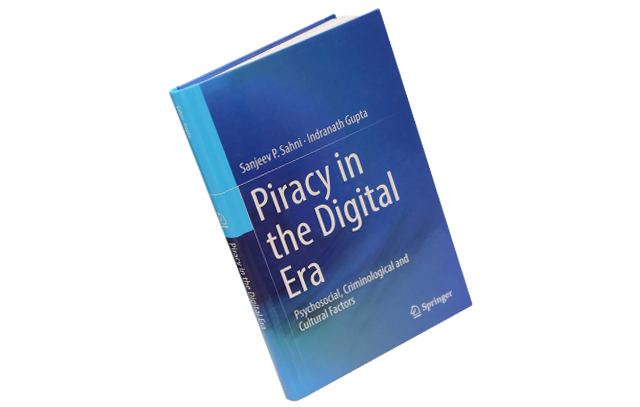Piracy in the Digital Era: Psychosocial, Criminological and Cultural Factors
This book builds an empirical basis towards creating broader prevention and intervention programs in curbing digital piracy. It addresses the psychosocial, cultural and criminological factors associated with digital piracy to construct more efficient problem-solving mechanisms. Digital piracy including online piracy involves illegal copying of copyrighted materials. This practice costs the software industry, entertainment industry, and governments billions of dollars every year. Reports of the World Intellectual Property Organization (WIPO) and Business Software Alliance (BSA) view piracy largely in the light of economic factors; the assumption being that only those who cannot afford legitimate copies of software, music, and movies indulge in it. Drawing on research and theories from various disciplines like psychology, sociology, criminology, and law, the authors have designed an empirical study to understand the contribution of psychological, cultural and criminological factors to digital piracy. The chapters include data from India and China, which continue to be on the Special 301 report priority watch list of the WIPO, and Serbia, which has been on the watch list 4 times. They examine the role of self-control, self-efficacy, perceived punishment severity, awareness about digital piracy, peer influence, neutralization techniques, novelty seeking, pro-industry factors and other socio-demographic factors in predicting digital piracy.
